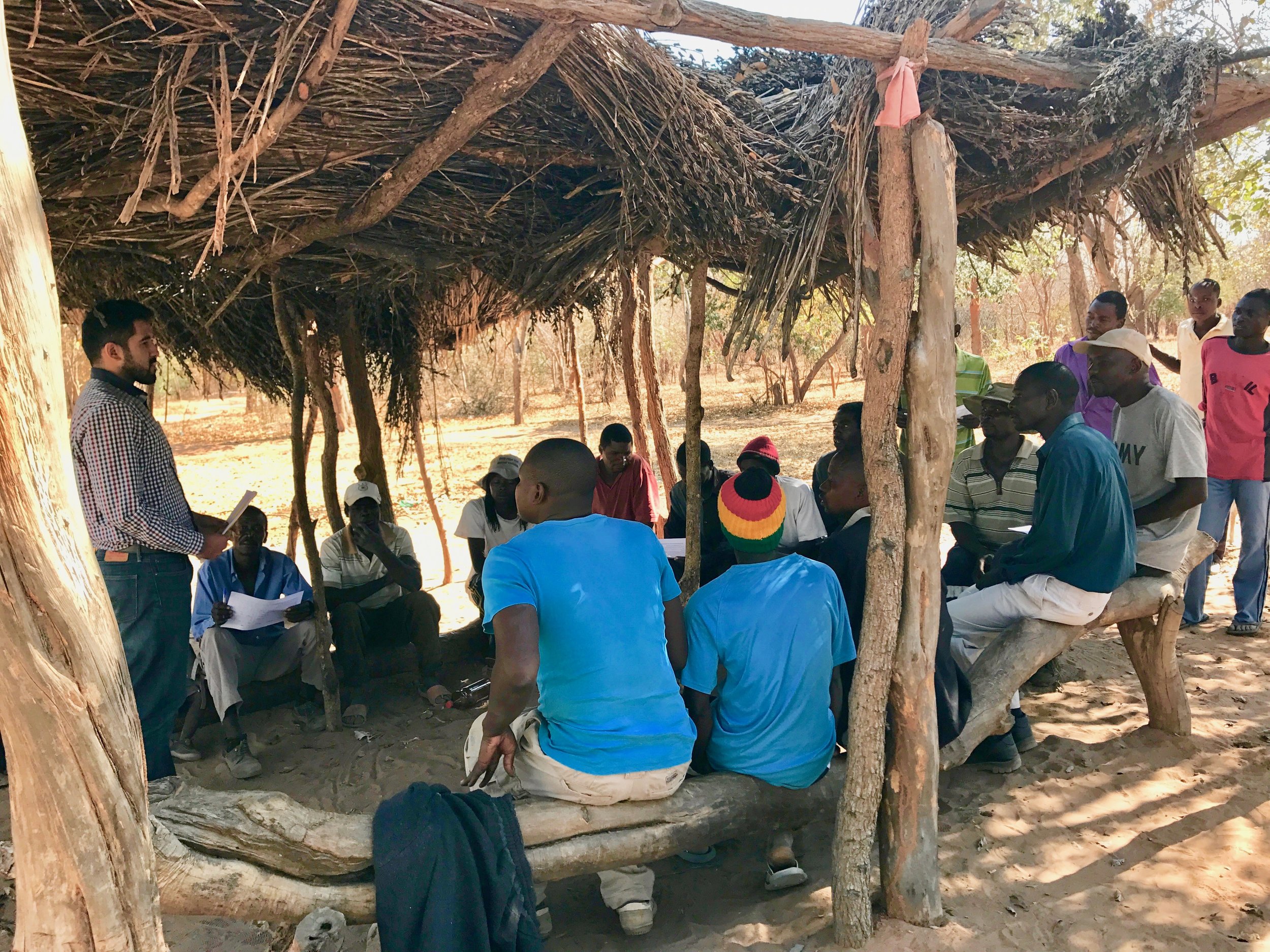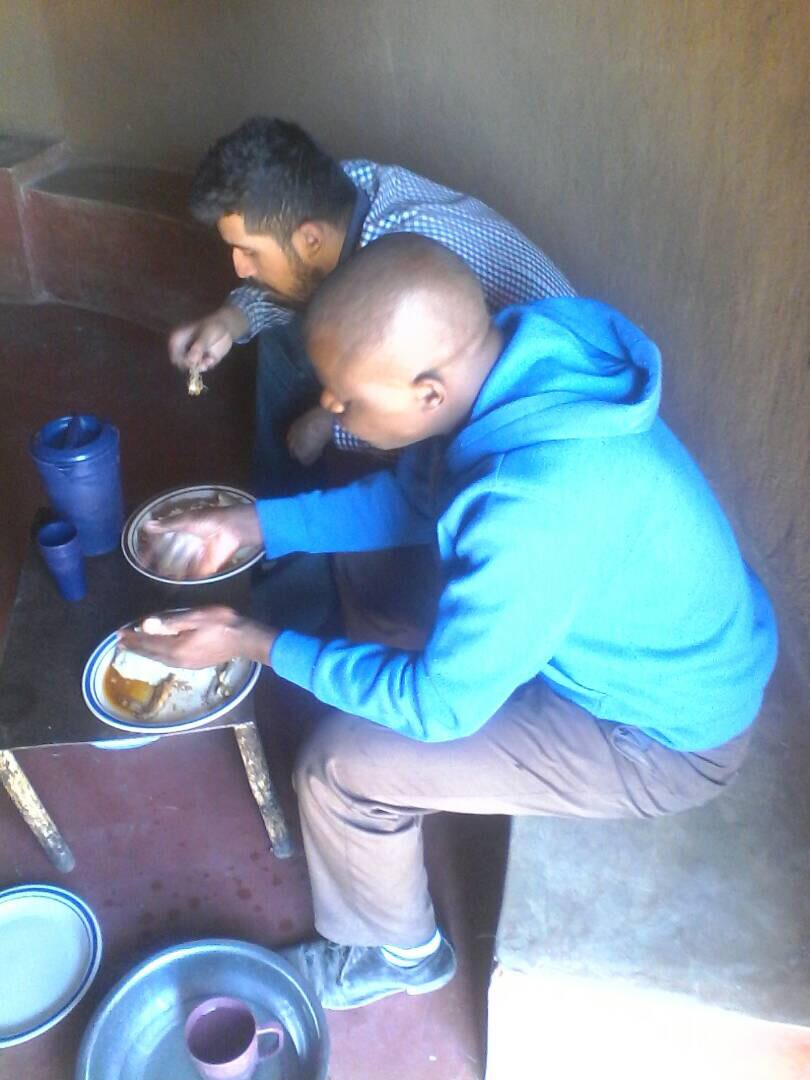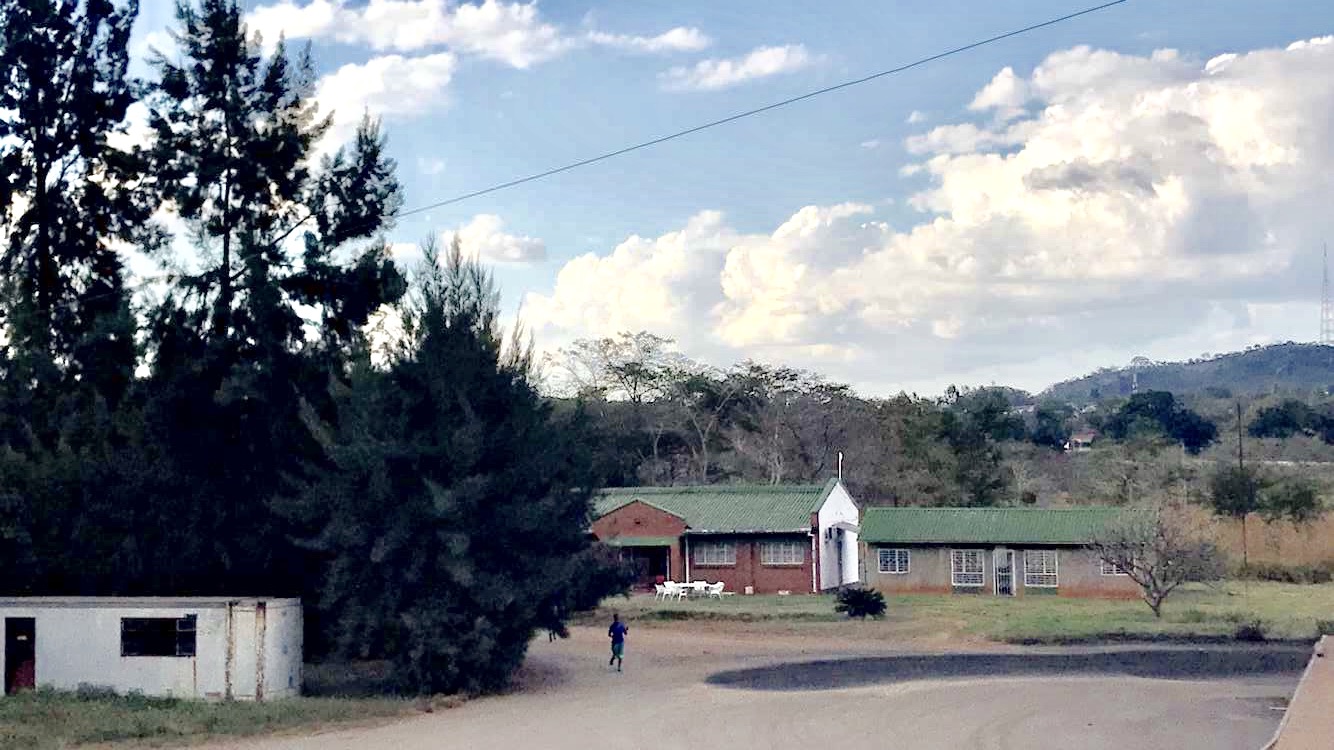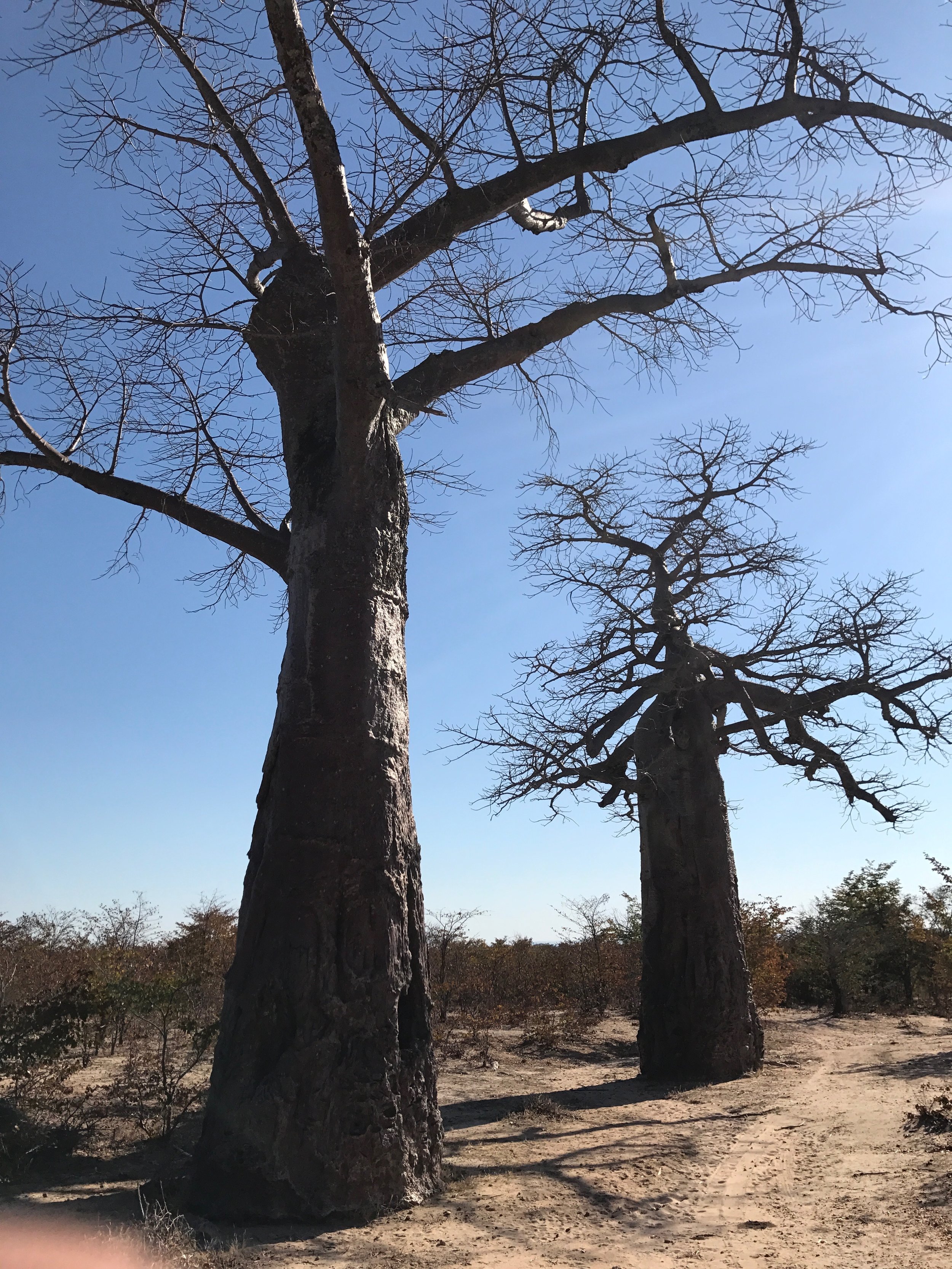Open Sesame: Building and Sustaining an Agricultural Enterprise in Zimbabwe




The opportunity to work for an organization that focuses on change through a developmental as well as a sustainable business perspective brought me to Zimbabwe: where I work as a TechnoServe Fellow and Volunteer Consultant for the African Agriculture Fund (AAF).
Zimbabwe's current economic as well as financial quandaries present both a warning as well as an opportunity. As an agriculture-based economy that has for many a decade relied on the production of cotton, Zimbabwe has suffered successive jolts in recent years as the global prices of cotton have plummeted considerably. To make matters worse, cotton yields have dried due to unpredictable ground conditions such as droughts and floods.
A makeshift mini warehouse
Along came Sidella, a company that saw the immense value of growing sesame as a cash crop alternative, one that is drought resistant, and requires very little rainfall or fertilizers to yield a bountiful harvest. Moreover, while the price of raw sesame was lower than other commodities such as cotton, soya, maize etc.; value-added sesame and sesame related products (oil, animal feed) were likely to generate greater returns and increased incomes for smallholder farmers.
The AAF's investment in a portfolio company which in turn invested in Sidella presented an opportunity for me to discover the fundamentals of the sesame market and 'open' them to the world. In the seven weeks that I've worked as a 'VolCon', I've been fortunate to work with stakeholders and key drivers across the sesame value chain in Zimbabwe and Mozambique, right from implementation partners of the AAF, down to the smallholder farmers who initiate the value creation.
This opportunity is unique in that it seeks to establish a sustainable business while accentuating the developmental impact for the smallholder farmers. In late July, I had the opportunity to travel to one of the remotest and most water-stressed villages in Zimbabwe, some hundred miles from the capital Harare. I had the chance to study first-hand the various predicaments from the farmers, as well as brainstorm some quick-fix solutions for their problems. It is one thing to study about value chains and another to actually start from the base of the pyramid and follow the trail of the grain. My core objectives for this assignment are to understand the feasibility of establishing a full-fledged enterprise built around the export of value-added sesame to the world market, as well as to develop an actionable business plan for Sidella going forward.
My biggest takeaway so far from my fellowship is to never discount the power of the value chain. It is what drives synergies in achieving developmental impact, and without it, no business can remain sustainable in the long term
I'm grateful to the Blakeley Foundation for affording me this opportunity and look forward to producing a summary report at the end of my fellowship.

